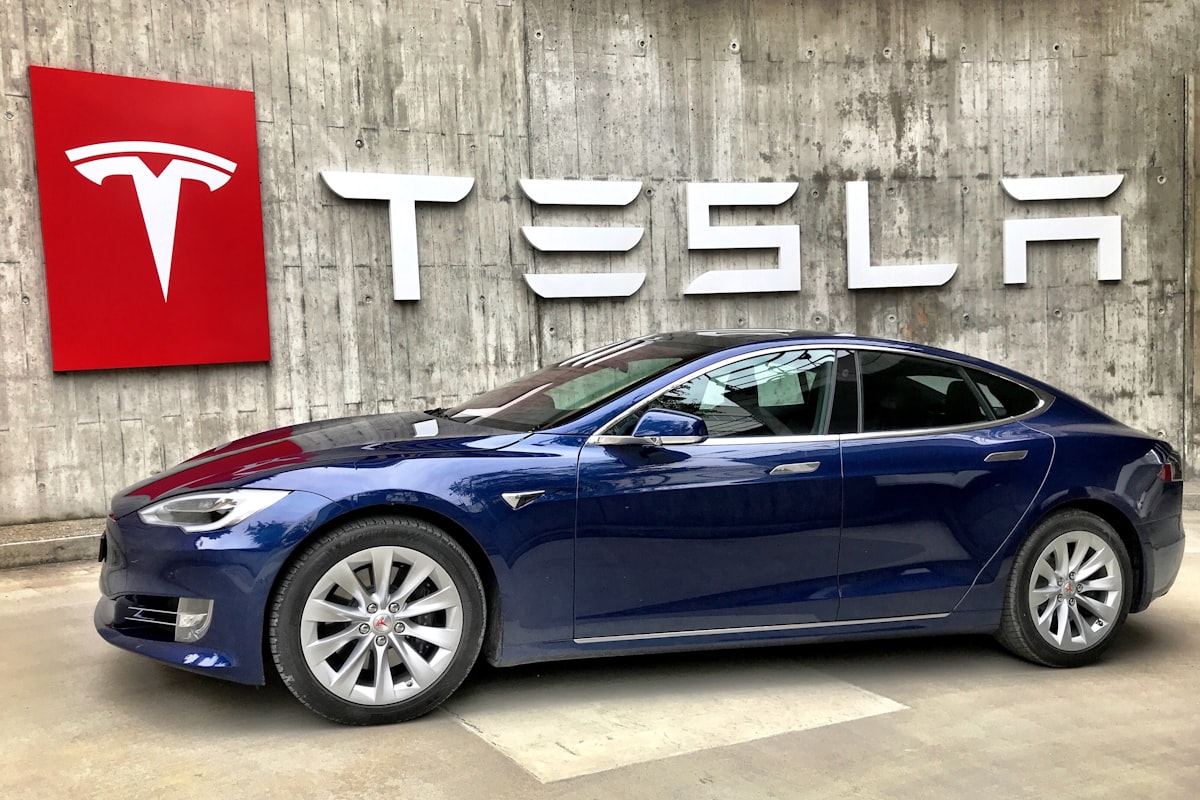Making Your Home EV Charging More Energy Efficient
Energy efficiency for EV charging seems like overthinking until you see your electricity bill and realize charging accounts for a bigger chunk than expected. After two years of tracking my usage, I’ve found the things that actually make a difference.
Match Your Charger to Your Needs
More power isn’t always better. Level 1 chargers (standard outlets, 3-5 miles per hour) are slower but actually more efficient for the electricity consumed. Level 2 chargers (240-volt, 20-30 miles per hour) are faster but add some conversion losses.

For short daily commutes where Level 1 can keep up, it’s actually the more efficient choice. That said, most EV owners need Level 2 for practical reasons.
Time Your Charging
Off-peak electricity rates exist for a reason. Most utilities charge less for power consumed late at night when demand is low. In my area, off-peak rates are about 40% cheaper than peak rates.
Smart chargers let you schedule charging automatically. Set it once and the charger waits until midnight to start. I save roughly $35 monthly just from timing — that adds up to $400+ annually.
Even without a smart charger, your EV’s built-in scheduling can achieve the same thing.
Installation Quality Matters
Poor electrical connections create resistance, which wastes energy as heat. Hire a qualified electrician who does the job correctly. Bad installation doesn’t just cost you efficiency — it’s a safety issue.
Smart Chargers Pay for Themselves
I was skeptical about spending extra for WiFi-connected chargers. Then I realized the scheduling and monitoring features were saving me significant money. The premium for smart features paid for itself within the first year.
Energy monitoring shows you exactly what charging costs. Seeing real numbers helps you optimize habits. Some smart chargers can even participate in utility demand response programs for additional savings.
Basic Maintenance
Check cables and plugs periodically for damage. Clean dust from vents. Ensure connections stay tight. Well-maintained equipment runs more efficiently than neglected equipment.
Solar Integration
If you have solar panels, charging your EV with solar power is essentially free fuel after the installation costs are recovered. Some systems can prioritize solar for EV charging, only pulling from the grid when necessary.
Battery storage takes this further — store daytime solar production, use it for overnight charging. More complex and expensive, but approaches true energy independence.
Battery Care
Your EV’s battery management system helps maintain efficiency. Don’t charge to 100% daily unless you need the range — keeping charge between 20-80% extends battery life and maintains charging efficiency over time.
Temperature Considerations
Charging in extreme temperatures is less efficient. If possible, charge in a temperature-controlled garage. Cold weather especially affects both battery efficiency and charging speed.

Keep Software Updated
Both your charger and your EV receive software updates that can improve efficiency. Manufacturers refine charging algorithms over time. Keeping everything updated ensures you benefit from these improvements.
Check Your Electricity Plan
Some utilities offer specific EV owner rate plans with better off-peak pricing. Others provide credits for participating in demand response programs. It’s worth a call to your utility to see what options exist.
Drive Efficiently Too
This isn’t directly about charging, but driving habits affect how often you charge. Smooth acceleration, regenerative braking, and steady speeds improve efficiency. Less charging needed means less electricity consumed.
The Efficiency Gains Add Up
No single tip here is revolutionary. But combining off-peak charging, smart scheduling, proper maintenance, and good driving habits can reduce your EV energy costs by 30-40% compared to charging whenever and however. Over years of EV ownership, that’s real money.
Recommended EV Accessories
NOCO GENIUS10 Smart Charger – $79.95
Advanced battery maintainer and charger.
EV Charging Station Guide
Navigate the EV charging landscape.
As an Amazon Associate, we earn from qualifying purchases.



